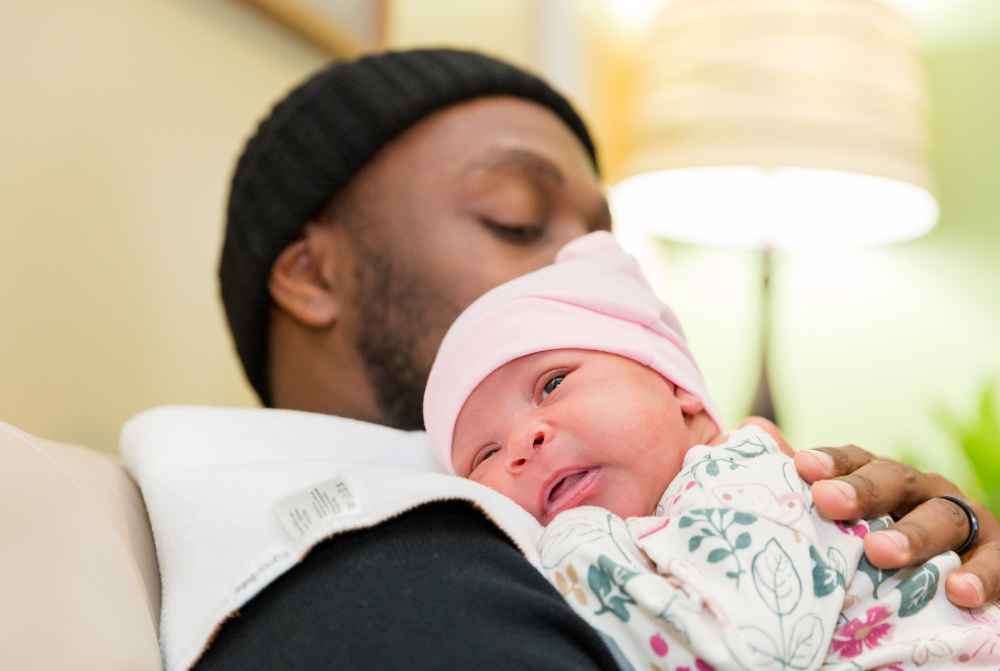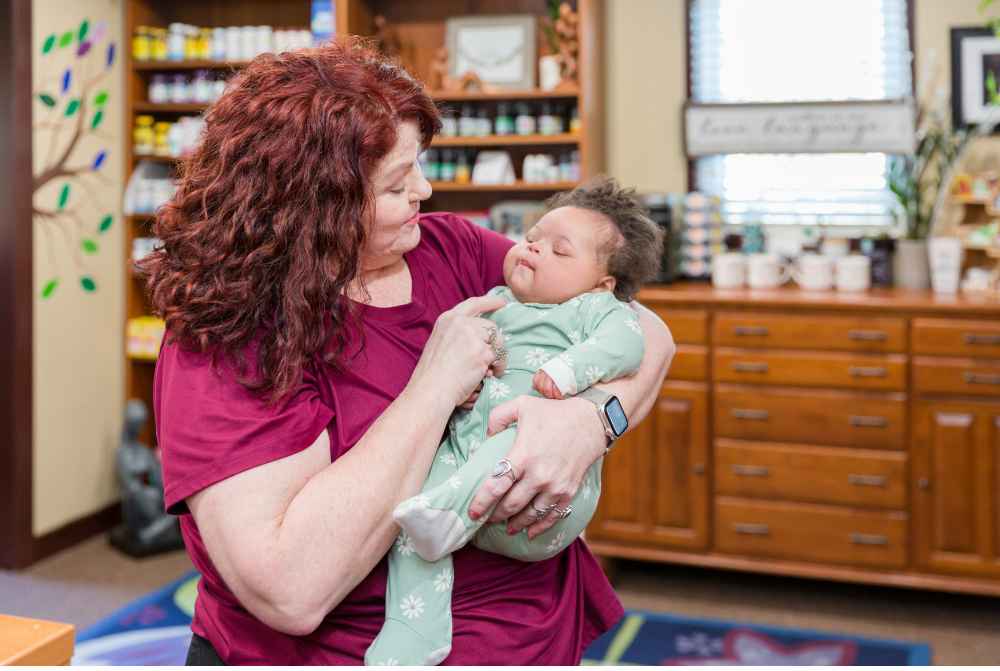Hey there, new parents! You’re finally home with your adorable little baby and realizing they came with a lot of… interesting bodily functions.
Every new parent pays close attention to those functions because they give us a clue as to how our baby is doing. You’ll never have so many conversations about body functions as you do in the first few weeks! If you and your partner didn’t talk about farts before, prepare for a whole new world!
Poop: The Colorful Journey
Newborn poop is like a rainbow—well, sort of. Here’s what you can expect in those early days:
Meconium Madness
Your baby’s first poops are called meconium. They’re sticky, thick, and black or dark green. You could tar a road with that stuff. Don’t worry, it’s totally normal! It’s just your baby’s way of clearing out all that stuff they’ve been swallowing while inside. Rub some olive oil liberally all over their diaper area after every change and it will slide right off.
The Mustard Phase
Once the meconium is out, you’ll see a transition to brown…then green then yellow or mustard-colored poop. Breastfed babies often have seedy, mustardy stools, which look a lot like watery mustard mixed with cottage cheese! Formula-fed babies’ poop might be a bit firmer and more tan. (and usually MUCH stinkier)
Poop Frequency
Newborns can poop a lot—like, every feeding! Or they might take a few days off and save up for that infamous blow out. Both are normal. Breastfed babies don’t have formed poop, it should always be liquidy. Formula-fed babies don’t have liquid poop, it should always be formed. A good rule of thumb is that your baby should pee and poop once on the first day, twice on the second day, three times on the third day, and then four to six times a day from then on. BONUS TIP- around 6 weeks of age, babies often stop pooping multiple times a day and instead save up for epic blowouts! (you haven’t truly experienced it all until that blowout happens in the car seat!)

Gas: The Tiny Toot Factory and Gas Relief for Babies
Babies are basically little toot factories. OK, that’s really much too sweet for what is about to happen. Your sweet baby will fart like a grown man. He will rumble your leg, dropping booty bombs like a pro. You will smell his butt (don’t worry, it’s a normal part of parenting) or peak in his diaper a million times looking for solid evidence, but often it’s just the stinker let out a stinker! Here’s why your gassy baby is, well, so gassy, and what you can do about it for effective gas relief.
Why So Gassy?
Babies swallow air while feeding, crying, and even just breathing. All that air has to come out somehow! They also are working hard at growing normal flora in their colon, so in the meantime, there are not enough good bacteria to break down your milk without forming gas. Newborn probiotics can help!
Burping Basics
Help your baby release that gas by burping them during and after feedings. Try different positions—over your shoulder, sitting on your lap, or lying on their tummy across your knees. Some babies burp a lot- and some never burp- so no need to beat on their back forever. Give them a little pat or rub and trust if it wanted to come out, it would.
Tummy Time and Newborn Gas Massage
Giving your baby some tummy time can help move that gas along. Plus, it’s great for their development! You can also help your baby hula, twerk, do sit-ups, and run in place! All these movements help to break up that wind and move it out.

Dance Moves
If you can’t move the gas, you move the baby! Help your baby stretch, from nose to toes. Help your baby twerk, hula, bellydance, dougie. OK, maybe not dougie. But moving your baby’s tummy will help move things through.
When to Worry
While poop and gas are usually no big deal, keep an eye out for a few red flags:
Poop Concerns: If you see blood, mucus, or your baby seems to be in pain while pooping, give your midwife or pediatrician a call.
Gas Troubles: If your baby is super fussy, has a distended belly, or seems to be in a lot of discomfort, it’s worth checking in with your midwife or doctor.
Navigating the world of newborn poop and gas can be a wild ride, but with a bit of humor and these gas relief tips for newborn babies, you’ll be a pro in no time. Remember, every baby is different, and what’s normal for one might not be for another. When in doubt, your birth center or your midwife is your best resource.
So, take a deep breath (or maybe not, depending on the diaper situation) and enjoy this quirky part of parenthood. You’re doing an amazing job, and before you know it, this phase will be just another funny story to tell! 💩💨😂

Did you know we do tours every Wednesday at 11 am and Saturday at 9am?
If you want to see our beautiful birth center in person, we would love to show you around and help you decide if a home birth or birth center birth is right for you!




